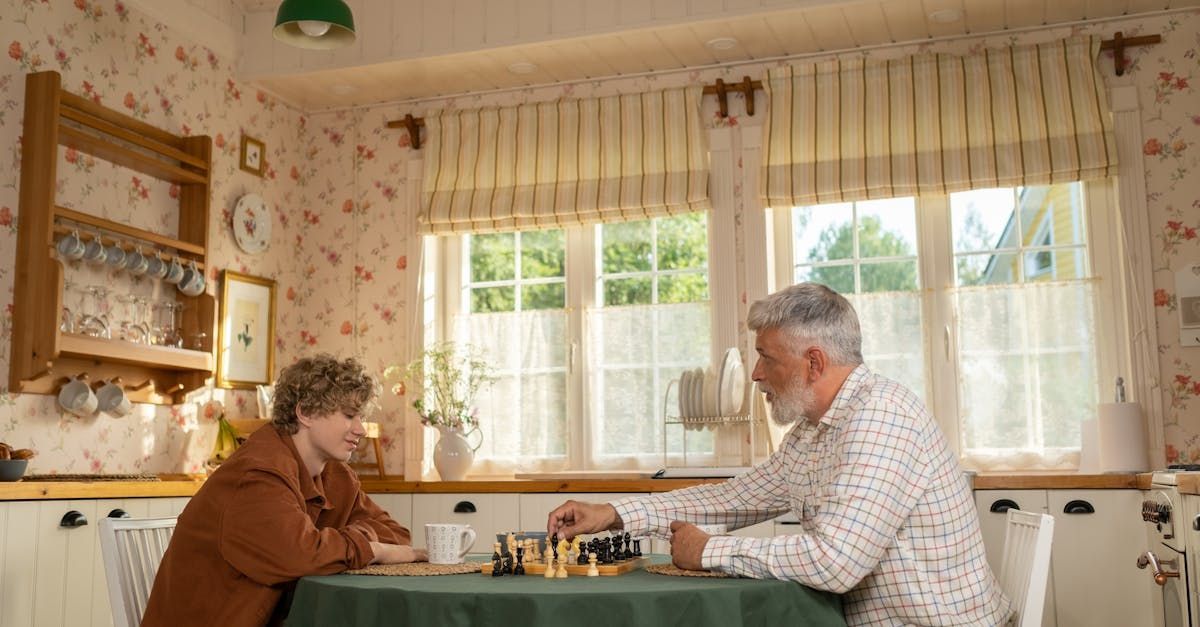The Executor's Hidden Burden: Navigating Grief and Responsibility
When someone appoints you as the executor of their will, it's a sign of deep trust. But behind that honor lies a whirlwind of logistical duties and, often overlooked, a minefield of emotions. Grief, stress, and the pressure to get everything 'right' can create a perfect storm for burnout. Let's change that conversation.
The Emotional Rollercoaster No One Talks About
Being an executor isn't just about paperwork. It's...
- Sorting through belongings filled with memories, sometimes triggering your own grief.
- Facing family dynamics amplified by loss.
- Feeling the pressure of making major decisions while still processing your own emotions.
This is a unique kind of burden, frequently sidelined for the more tangible tasks of estate settlement. But here's the truth: If you don't take care of yourself, you can't take care of the things you're responsible for.
Self-Care Isn't Selfish - It's Essential
Let's talk strategies:
- Acknowledge Your Feelings: Grief isn't linear. Give yourself permission to experience sadness, frustration, and even anger.
- Boundaries Are Your Friend: Learn to say "no" or "not right now" when you need space. Delegate tasks where possible.
- Build Your Support Network: Lean on trusted friends, family, or even a professional therapist.
- Simple Stress Busters: Make time for activities that nourish you, even if it's just a 10-minute walk or listening to a favorite song.
Expert Insight: Understanding Your Journey
Being an executor while grieving can feel like a confusing emotional maze. Here's what a grief therapist might want you to know:
- Your Feelings are Valid: Grief combined with the weight of responsibility can leave you feeling overwhelmed, anxious, or even resentful. This is a normal response to an extraordinary situation.
- Navigating Family Dynamics: Even in the best of families, grief can amplify tensions. A therapist can provide strategies for healthy communication and setting boundaries when needed.
- Permission to Seek Support: There's no shame in reaching out for help. Therapists specializing in grief help process complex emotions and provide tools for managing the executor's unique stress.
Finding the Right Support
If you're struggling with the emotional weight of being an executor, consider these options:
- Your Community: Talk to trusted friends, family, or a spiritual leader who understands your grief.
- Online Resources: Search for [terms like "grief support groups" + your location] or explore support forums specifically for executors.
- Professional Help: If your grief feels unmanageable or impacts your ability to function, a therapist specializing in grief can offer individualized support and coping strategies.
The Key Takeaway
Honoring a loved one's legacy can be incredibly meaningful. But don't forget to honor yourself in the process. Prioritizing your emotional well-being isn't just about surviving the executorship; it's about carrying out your loved one's wishes with the clarity and strength they deserve.
Let's create a ripple effect. Share this with the executors you know. Because sometimes, the kindest act you can do for your loved one is to take care of yourself first.

